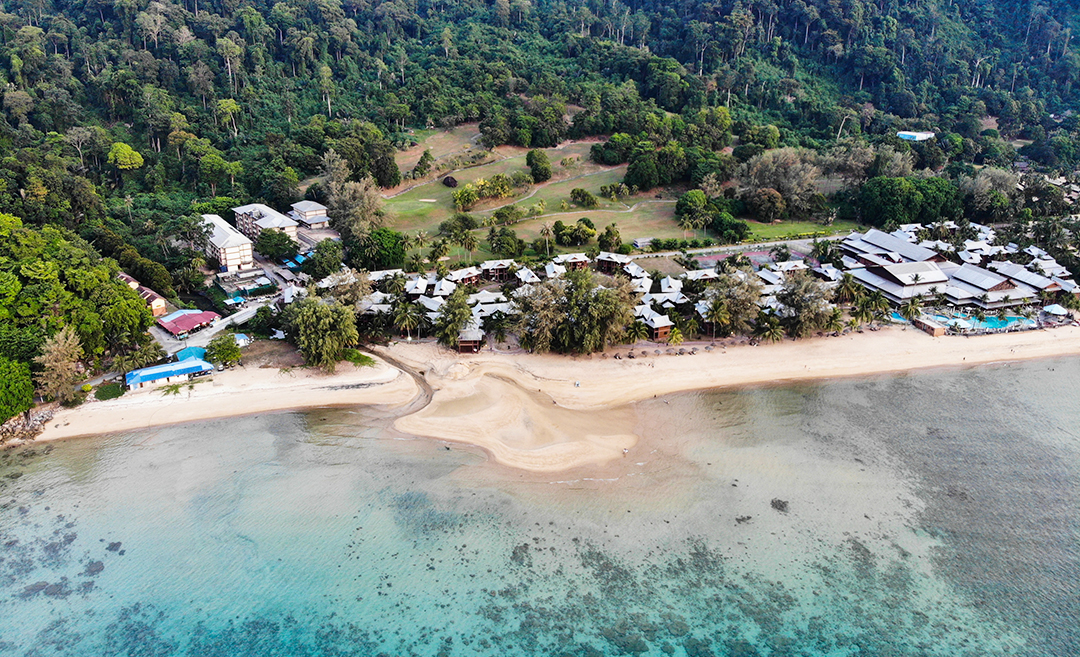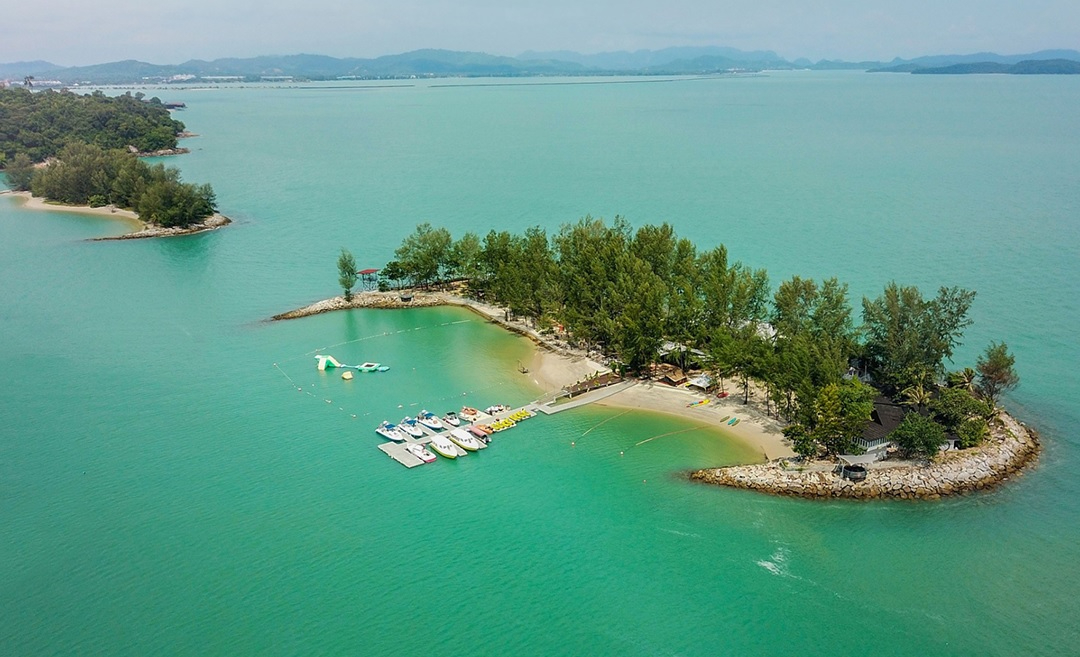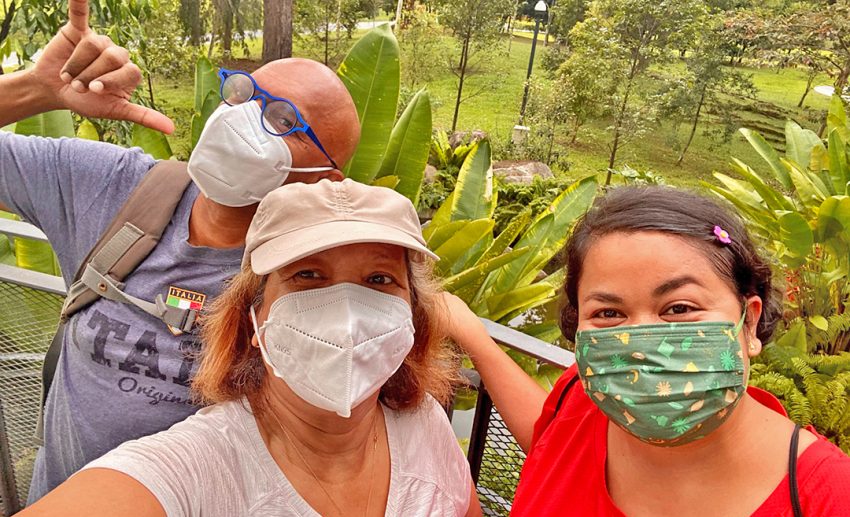
My husband thinks I’m weird because I’m quite happy to stay at home all day during this endless lockdown. He can’t bear it, and must drive his car somewhere, even if it’s just to his office where he sits alone messing about with his photographs. I think my stay-home pleasure comes from the fact that I live in my head so much — from reading, writing, doing layouts in my journal. My pursuits are solitary; so I like being home where I can sit on my sofa and have tea and biscuits while doing any of them.

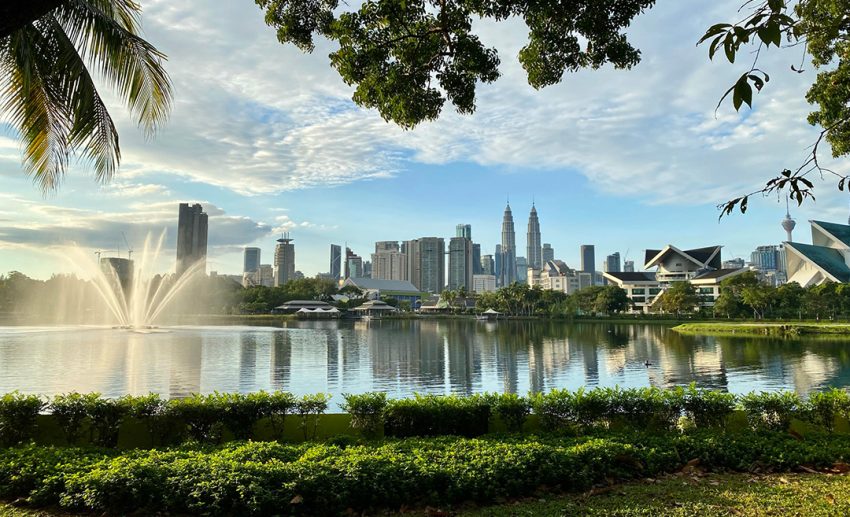
But as we open more, and life slowly begins to ‘normalise’, the pressure to go out increases. From being able to only walk around our neighbourhoods, we can now go to parks. Which has been nice because I was getting bored with the scenery of stray cats and unshaded streets.
But Kuala Lumpur’s (KL) people have taken to the outdoors in the most exuberant ways.
I’ve learnt not to go to any of our parks on weekends where dozens of families show up with picnic baskets and crowd the walking trails without much care for social distancing. The outdoors must be reserved for the workday peace and quiet to be enjoyable.
Safety first
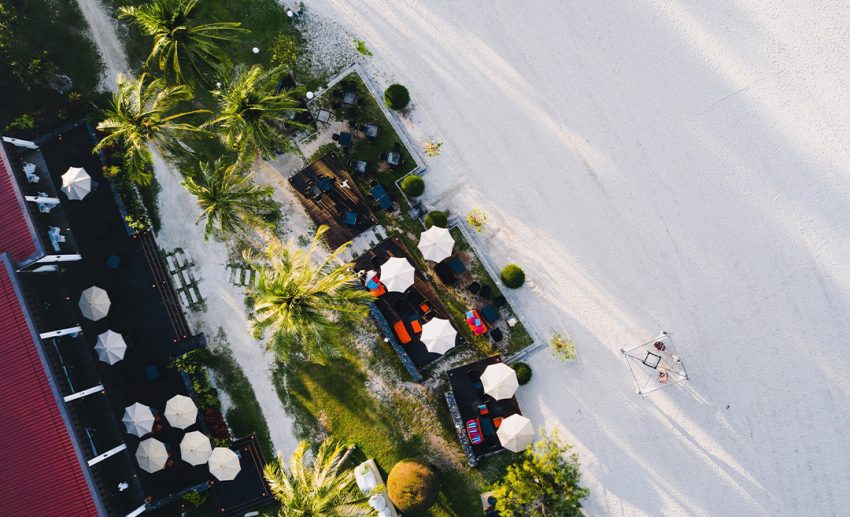
Now we are allowed to travel, at least domestically. On the first weekend that Langkawi opened for vaccinated domestic tourists, my Instagram was full of photos of beaches and bikinis. It’s nice and I can understand this urge to go find some sand and sea. But the thought that 30,000 souls had the same idea at the same time made me pause. I’m not leaving crowded KL to go to a crowded island even if all those people are technically safe.
While I refuse to live in paralysing fear, the question of safety still arises. Being vaccinated doesn’t mean that you can’t get infected, only that you might just get a mild case and not need hospitalisation. It also doesn’t mean that you can’t infect someone else.
Undoubtedly, with 80% of our adults vaccinated as our government claims, we are entering a safe zone where the chances of catching the virus have reduced drastically. But there are still those who have either not been immunised either because they have not completed their jab schedule, are too young, have some medical condition or are unwilling to. There’s still enough of those to allow the virus variants to keep circulating.
Beyond Malaysia
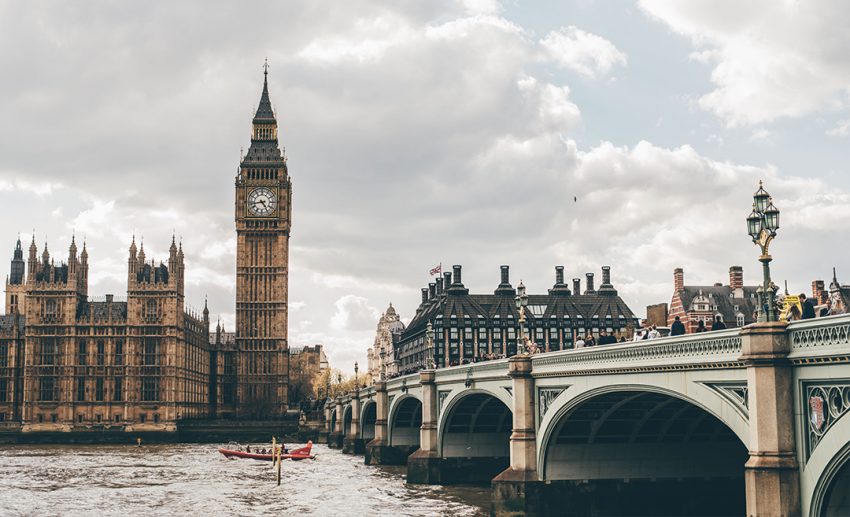
Recent news is that the United Kingdom (UK) will now allow Malaysians to travel there without having to quarantine if we’ve been fully vaccinated and have a negative PCR test. Given the links so many of us have with the UK, we jumped with joy because nobody wants to waste any holiday time sitting in a hotel room for a week.
Then reality hit us.
The problem wasn’t so much that the UK will accept us, it’s that our own country wasn’t keen to let us go. At least, not without a valid reason. Holidaying was not considered essential, even if your mental health demands it.
Luckily, the government has come to its senses. Rather than deal with the backlog of some 6000 applications for the MyTravelPass, they’ve decided not to impede any Malaysian who wants to travel. We can now go wherever we want as long as we can comply with the regulations at our destination.
Presumably, we would still need to get a negative PCR test and undergo a quarantine when we return, but by now most of us have accepted that reality.
The world’s our oyster… or is it?
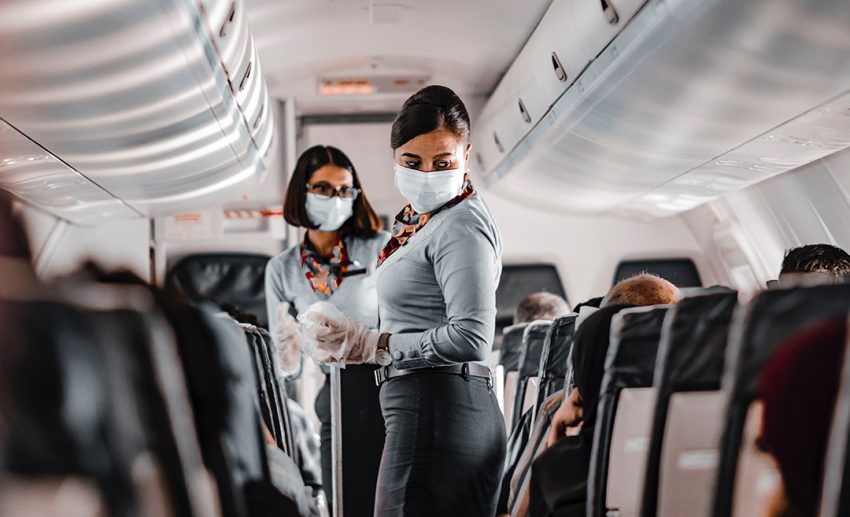
But here’s the other question. If we can travel, where would we go?
I remember in pre-COVID days, some people worried about safety — of the non-pandemic kind — in remote parts of the world. But in these days of the ‘new normal’, it may be that those places are the safest to go to, at least for the traveller. On the other hand, opening to travellers may not be safest for the destination, especially when their people have largely escaped the pandemic. The virus goes wherever a human body goes.
While vaccinations and a negative test are good barriers to infection, they’re not foolproof, especially if you’re going to a place where people are largely unvaccinated. Thus far, only 42.9% of the world has been fully vaccinated. And that number is not evenly spread throughout the globe.
In low-income countries, the ones that arguably need tourism most, only 1.9% of their population have had their first jab. Would we, like the Spaniards who conquered the Aztec nation in what is now Mexico, bring with us an unseen fatal illness?
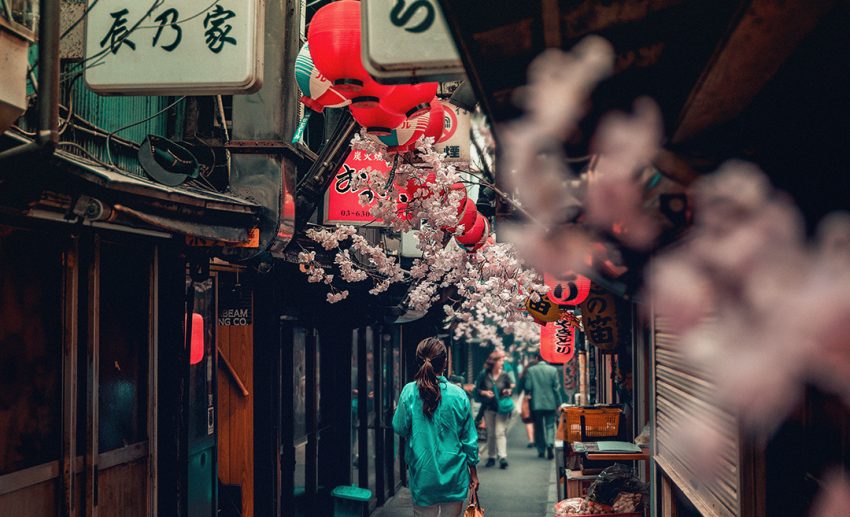
Here then is the dilemma: do we resume the travelling life we had before? Are we reflecting more on the responsibilities that travel bears, having seen how it allowed a tiny virus to bring the world to its knees in such a short time?
What’s the real price of travel?
Apart from the pandemic, there is also climate change to consider. Unless we’ve been living in a bubble, we can’t help but notice the many serious climate disasters that have taken place recently, from fires to floods to hurricanes all over the world.
The link with human activity is clear: too much deforestation, too many cars, too many planes in the air. Should we, therefore, play our part in trying to slow down climate change even if we may not be able to reverse it? How many of us would like to be caught in a burning forest or a flooded city while abroad, our holiday ruined?
Even if we wanted to travel as before, our choices may be limited by our budgets. Airfares have risen to make up for the airlines’ loss in traffic. Flights to popular destinations are not as frequent as before. We will have to be more selective about our travels, choosing them more carefully based on necessity. That spontaneous long weekend in Bali may be extinct.
Meanwhile, we may have to be content with cautiously poking our heads out of our homes to sit in restaurants once again with only one or two other people. Or exploring our local sights. Which is not a bad thing.
Our local businesses need our custom to recover. We need to go out again too. It’s not just the food and scenery that we’ve missed. As my companion at my first dine-in breakfast said, “it’s the buzz of human chatter that I miss.” Indeed.
Follow Zafigo on Instagram, Facebook, and Twitter. Sign up for our bi-weekly newsletter and get your dose of travel tales, tips, updates, and inspiration to fuel your next adventure!

